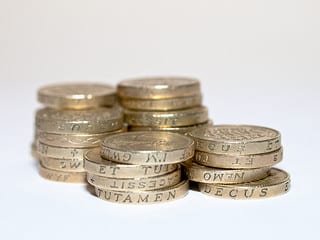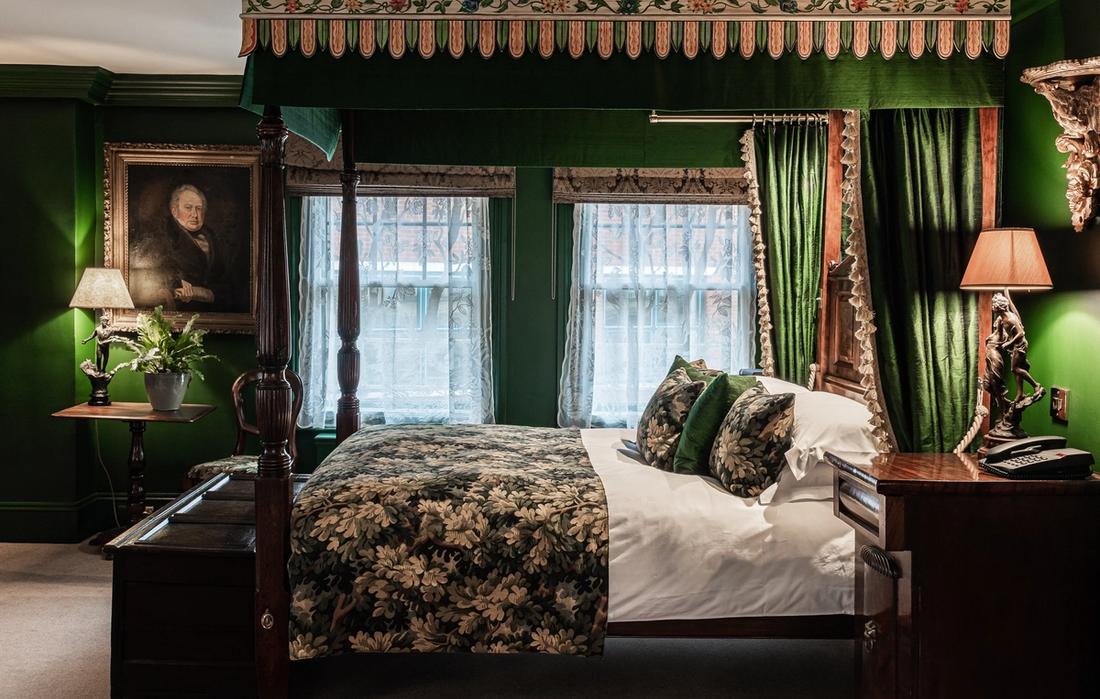The Good Hotel Guide is the leading independent guide to hotels in Great Britain & Ireland, and also covers parts of Continental Europe. The Guide was first published in 1978. It is written for the reader seeking impartial advice on finding a good place to stay. Hotels cannot buy their way into the Guide. The editors and inspectors do not accept free hospitality on their anonymous visits to hotels. All hotels in the Guide receive a free basic listing. A fee is charged for a full web entry.
The Good Hotel Guide
About Us
Independent
Recommended
Trusted
Independent
Recommended
Trusted

Editor’s viewpoint: pay peanuts, get monkeys
All blog posts
3 minutes
9 Jul 2015
Editor’s viewpoint: pay peanuts, get monkeys
All blog posts
3 minutes
9 Jul 2015
Good Hotel Guide editor Adam Raphael contemplates the low wages paid in the hotel industry.
‘I always wished that I’d not wake up the next morning. I was so tired. Every day that I had to go there I wanted to cry.’ The words of a 22-year-old Polish chambermaid, paid £3 for each room she cleaned by a large luxury London hotel, resulting in her earning the national minimum wage (£6.50 an hour).

Hotel wages have always been low, but the casualisation of labour in which hotels use cleaning agencies to hire staff has made matters much worse. A study by Queen Mary University in London, found that ‘subcontracting by stealth’ has led to an increase in the number of hotel workers being employed on lower wages and poorer working conditions than those of in-house staff.
When Ufi Ibrahaim, chief executive of the British Hospitality Association, was asked recently about this, she replied, according to The Observer: ‘The debate on the living wage is out of step with the reality of our industry which is heavily dominated by small to medium enterprises…the overall impact would be a staggering £33 billion…resulting in more losers than winners.’
But would it? We have been here before. When the national minimum wage was introduced in 1999, there were warnings from employers, led by the CBI, that it would have a damaging effect on jobs. David Cameron, then the leader of the opposition, grumbled that it would ‘send unemployment straight back up’.
He has now changed his mind, as has almost everyone else. Minimum wage legislation is widely accepted as an important safeguard which has benefited hundreds of thousands of low paid workers.

The debate now focuses on whether employers should pay a wage which reflects the minimum amount estimated for a worker to lead a tolerable life. In London, the Minimum Living Wage is calculated by an independent research body at £9.15 per hour, whereas outside London, the rate is £7.85.
Questions are also rightly being asked about whether it makes sense to subsidise profitable companies which pay poor wages. That is one of the consequences of the current tax credit regime which encourages employers to pay minimum wages, knowing that they will be topped up by the state.
There are no easy answers on welfare. But it is encouraging that the world’s biggest hotel chain, the InterContinental Hotel Group, whose brands include Holiday Inns and Crown Plaza, has promised to introduce the minimum living wage by 2018 in all its London hotels.
The advantages in staff morale, productivity and retention are so obvious that it should not take another three years to achieve this, and other groups will, I hope, follow IHG’s lead.

Why, you may ask, has the Guide waded into this argument? Most of our selected hotels and B&Bs are small and owner-managed. Many are only marginally profitable, and few can afford large increases in their wages bill. That said, one of the defining characteristics of a good hotel is that it is one where the staff are valued.
And this involves paying them a living wage, not the bare minimum dictated by the state. If all hotels were required by law to state their employment policies including pay, perhaps things would change faster.
* Get Adam’s insights straight to your inbox by signing up to our newsletter


